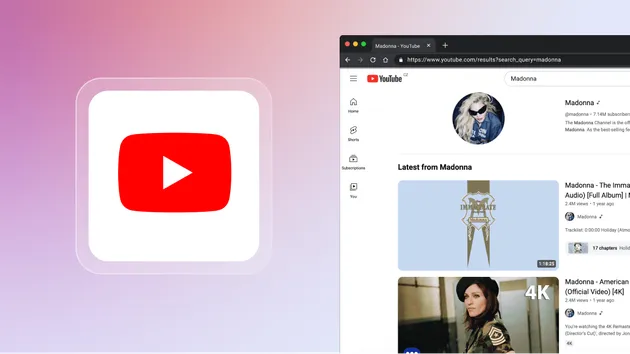Youtube Comment Scrapper
Pricing
from $2.20 / 1,000 video details
Youtube Comment Scrapper
Scrape comments on Youtube Video Pages. Just specify the video page urls to visit and how many comments you would like to collect. We'll get all meaningful information: comment text, author, publication date, number of likes and replies and video+channel url and id
Pricing
from $2.20 / 1,000 video details
Rating
5.0
(2)
Developer

Deeper Scrapper
Actor stats
21
Bookmarked
599
Total users
11
Monthly active users
5 days ago
Last modified
Categories
Share


